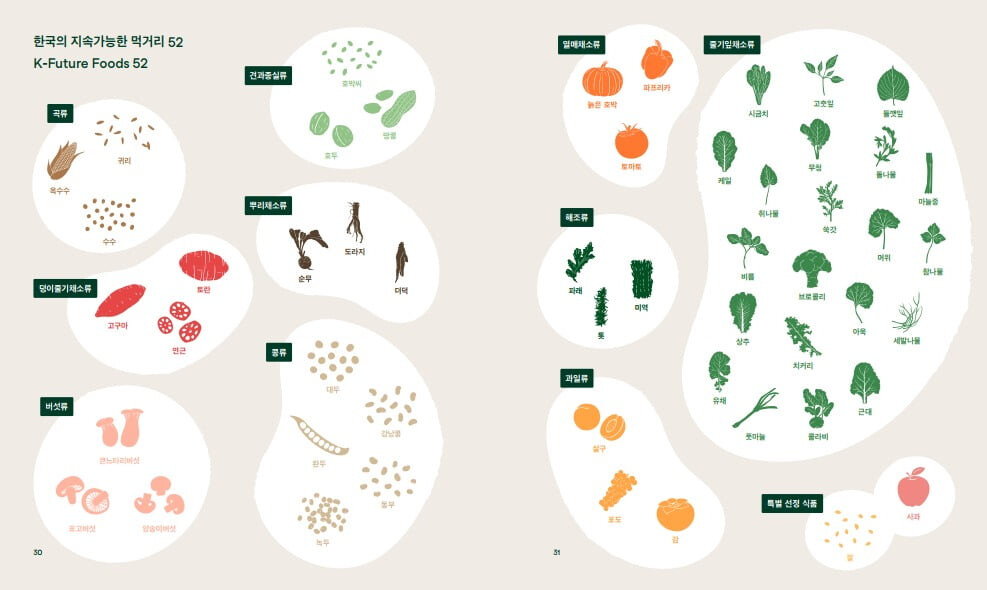
The World Wildlife Fund (WWF) has released a report highlighting 52 sustainable plant-based foods in Korea, known as "K-Future Foods." The report, developed in collaboration with Seoul National University and E-mart, aims to promote healthier and more environmentally friendly dietary choices.
The selected foods were chosen based on a comprehensive assessment of various factors, including environmental impact, nutritional value, and cultural suitability. These factors were evaluated using a database that analyzed the production and consumption data of each food, as well as its greenhouse gas emissions, land use, and water usage.
Some of the standout foods include oats, millet, soybeans, broccoli, butternut squash, and various types of seaweed. Oats and millet were praised for their high fiber and protein content, while soybeans were recognized as a sustainable alternative to meat. Broccoli and butternut squash were highlighted for their nutritional value and low environmental impact.
Seaweed, such as laver, hijiki, and wakame, was particularly praised for its ability to purify the water, reduce greenhouse gas emissions, and absorb carbon dioxide, thereby mitigating climate change.
In terms of nutritional value, spinach, gochugaru (Korean red pepper) leaves, oats, perilla leaves, and radish greens topped the list. Notably, gochugaru leaves, often considered a byproduct, were found to be one of the richest natural sources of calcium among the 52 foods, second only to seaweed.
The report emphasizes the significant environmental impact of the global food system. Food production accounts for approximately 27% of global greenhouse gas emissions and consumes about 70% of the world's freshwater. Additionally, the conversion of natural habitats for agriculture is a major driver of biodiversity loss.
By promoting the consumption of sustainable foods, the WWF aims to address these environmental challenges and contribute to a more sustainable future.
[Copyright (c) Global Economic Times. All Rights Reserved.]






























